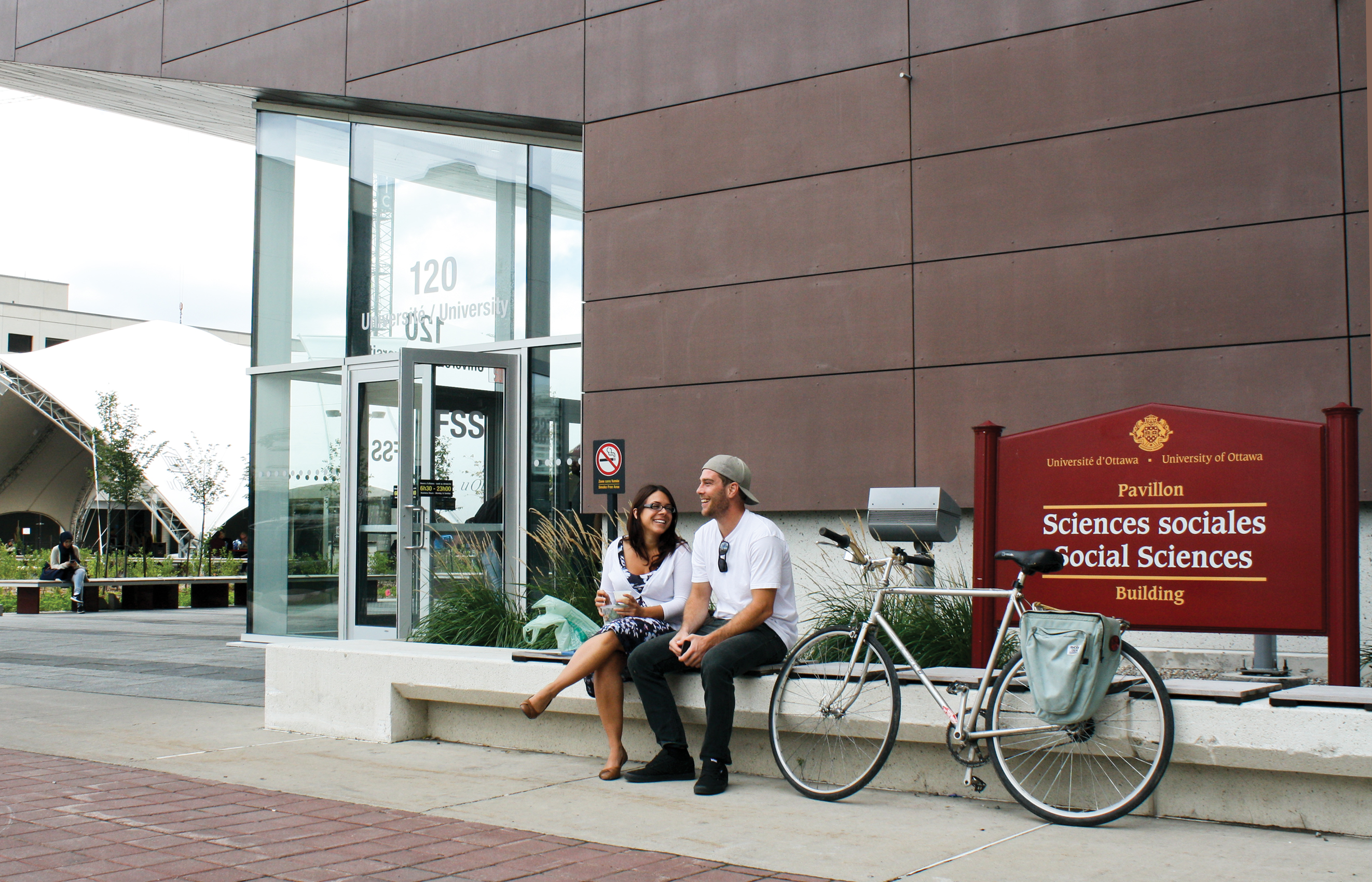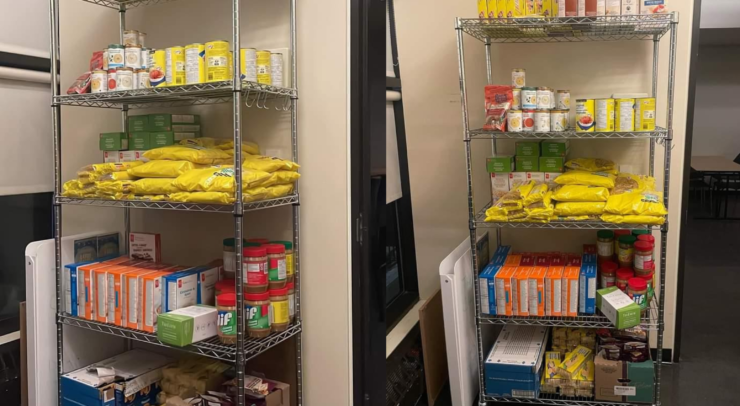Times rankings places U of O in lowest ranking to date, 12th overall in Canada
The Times Higher Education (THE) World University Rankings for 2017 were recently published, giving the University of Ottawa its lowest ever performance, between a band of 251-300 out of 980 universities worldwide.
For the fifth year in a row, the U of O has seen a steady drop in its ranking, and this year it has also tied for the 12th place in Canada, down from its previous ranking of 8th in the country.
In 2013, the university achieved a best score of 171. Allan Rock, president of the U of O at the time, called the score “a long way from where we want to be.”
However, the U of O would only fall farther from that target. Since 2013, the university has received scores of 185, 188, 201-250 and 251-300, respectively.
In the Sept. 26 U of O Board of Governors meeting, president Jacques Frémont said that two other prominent rankings of world universities, Quacquarelli Symonds (QS) and Shanghai, did not show a similar decline in the U of O’s ranking.
Frémont also reported in the meeting that he commissioned Mona Nemer, U of O vice-president of research, to examine the methodology of THE’s rankings and report back.
For one soon-to-be graduate, the news was less than favourable.
Anna Halawa, a fourth-year international management student, said she was disappointed to hear the news. “I had expected (the rank) to either stay the same or improve as I had heard great things about my program.”
As a future alumna, university reputation and pride was also an area of concern.
“Although it wasn’t the most important thing when I started university, it’s more important to me now that I’m graduating,” Halawa explained.
Phil Baty, editor of the Times ranking, told the Ottawa Citizen that with the competitive pressures of up-and-coming universities, especially those in Asia, “universities that merely stand still in their own right will inevitably drop down the rankings.”
The finding raises questions about whether the U of O has stagnated or if it is simply not doing enough comparatively. Baty explained that although the university has seen some improvements in its international outlook score, research and industry income have fallen behind.
This year the university rankings are determined through a set of 13 performance indicators, which are grouped into five weighted areas:
- teaching (the learning environment), worth 30 per cent
- research (volume, income, and reputation), worth 30 per cent
- citations (research influence), worth 30 per cent
- international outlook (staff, students, and research), worth 7.5 per cent
- industry income (knowledge transfer), worth 2.5 per cent.
Despite these criteria, Halawa believes that the grading system is skewed unfairly for the U of O.
“The things that make the university merit a higher ranking are the reasons why I chose to attend the university four years ago. For example, the French Immersion and co-op programs are unique and cool things that should be of more weight.”
Noticeably missing from the criterion is the student experience, which first-year economics student, Priston Monteiro, says has been positive.
“I love the school so far. The school work is reasonable and there is a lot of opportunity for extra-curricular involvement and school spirit … I didn’t think the ranking was a big deal when I made my decision.”
There is some solace for U of O students given its ranking in comparison to that of Carleton University, which currently sits in the band of 501-600.





